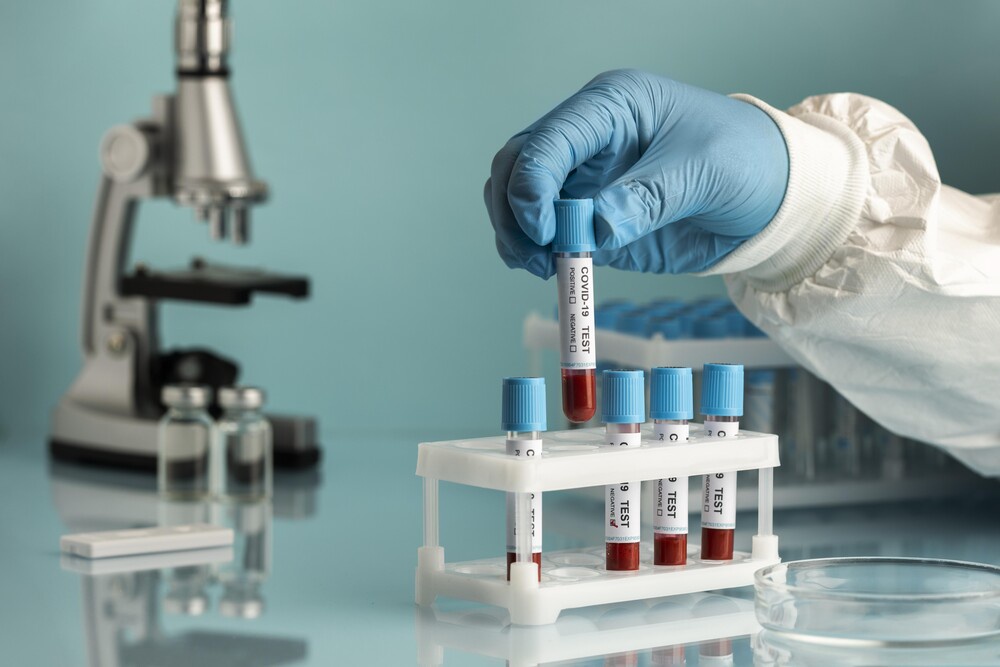A Research Nurse is an important part of medical and scientific studies. They take care of patients who are involved in these programs and collect data for the research while ensuring patient safety and ethical compliance. To become a Research Nurse, you need to have a good understanding of research principles and practices. Through their expertise, Research Nurses help improve medical technologies and treatments.
Clinical research nurses work on special grounds and also help researchers and patients. They make sure that patients are treated ethically and safely during the research process To get a job in Research Nurse position you need a certification from any Clinical Research Course or Institute.
To make sure patients are safe during a clinical research program, clinical research nurses have important tasks to do, including:
- Watching out for patient safety: Clinical research programs have set safety rules for patients, and clinical research nurses make sure these rules are followed.
- Getting patient consent: Clinical research nurses talk to patients and explain what their participation in the research involves. They also make sure patients agree to any treatments or information being collected.
- Collecting patient information: Before and after treatments are given, nurses may collect important information about the patient's health, like their vital signs, to see how well the treatment is working.
Steps to Becoming a Clinical Research Nurse:
If you want to become a Clinical Research Nurse, you'll need a mix of education and experience to learn key skills and put them into practice. Here are some essential competencies you'll need to develop:
- Problem-solving: Clinical Research Nurses need to be able to solve unexpected issues with patients participating in research programs.
- Communication skills: Nurses must explain clinical protocols to patients and provide patient data to research coordinators.
- Analytical skills: Nurses collect and analyze data for research, so strong analytical skills are essential.
- Decision-making: Nurses may need to make quick decisions about what's best for patients in experimental therapies.
Here's what you'll need in terms of education and experience:
- A Bachelor of Science in Nursing (BSN) and certification as an RN or LPN from a Clinical Research Training Institute.
- Recent experience working in acute care settings.
- Pursuing a Master of Science (MS) in Clinical Research Management from any reputed Clinical Research Training Institute can enhance your skills and knowledge in ethics and research methodologies. Many universities and institutes offer these programs to help you become more competitive in the job market.


No comments yet